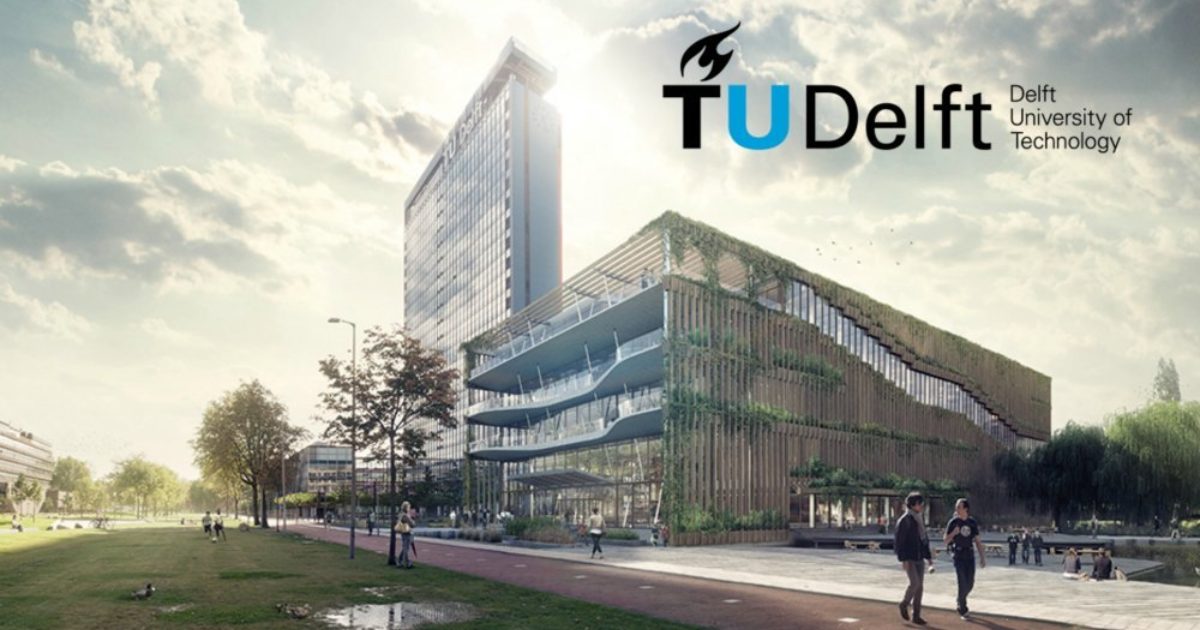TU Delft Strengthens Collaborative Impact with the Police
TU Delft and the police have strengthened their partnership by signing a framework agreement. The police and TU Delft are already successfully working together in domains such as smarter detection, cyber security, robotics and forensic research. This step enables more and easier collaboration on innovation and new technologies. In doing so TU Delft and the police increase their joint impact. Signing the agreement was done by Prof. Aukje Hassoldt, dean of the Faculty of Technology, Policy & Management, on behalf of TU Delft and Henk Geveke, member of the Commissioners Staff. The coordination of this framework agreement falls under the TU Delft Safety & Security Institute and the Management Board Strategy and Innovation of the Commissioners Staff.
Police Science & Technology Agenda
To be well-prepared for future police work, it is necessary to build knowledge. The Science & Technology Agenda (S&T Agenda) has been set up for this purpose. The agenda includes important trends and developments that may have an impact on crime and security issues, the position of the police, police organisation and police work. The S&T Agenda is executed within the Police Knowledge Building (KOP) program. The knowledge gained through the program is then tested in laboratories, field labs and police hubs. All research is carried out based on cases provided by the police. These can come from areas such as crowd management, vandalism, threats, smuggling and emerging phenomena.
Model-Driven Decisions Lab (MoDDL)
A first research lab is being set up for the Knowledge Building program police – TU Delft: The Model-Driven Decisions Lab (MoDDL). The increased availability of information in our society and potential for the use of new technologies, such as sensors and machine learning algorithms, offer great opportunities for the work of the police.
I expect that this collaboration will contribute to technological breakthroughs that will enable us to take up the challenges we face in the 21st century. This contributes to a deep understanding of the relation- and interaction between technology and the society we serve.
Henk Geveke
In the lab, research is done on how available information can be used to, on the one hand, obtain a digital representation of situations and, on the other hand, to use this information for decision-making to optimize interventions. Operational/tactical and strategic applications are coming together in this lab. Ethical issues and considerations play an important role in the development. The lab will consist of 5 PhD research projects that are strongly interrelated and contribute to the central theme.

